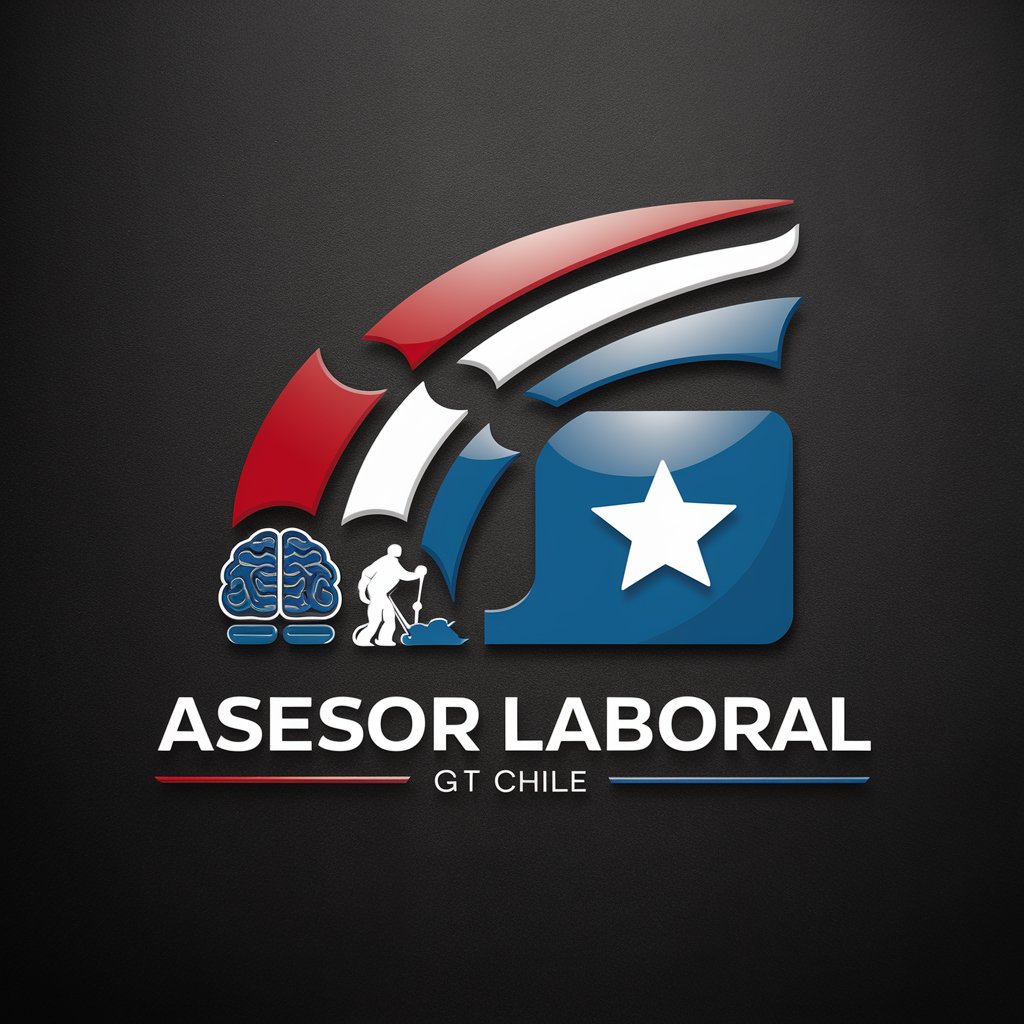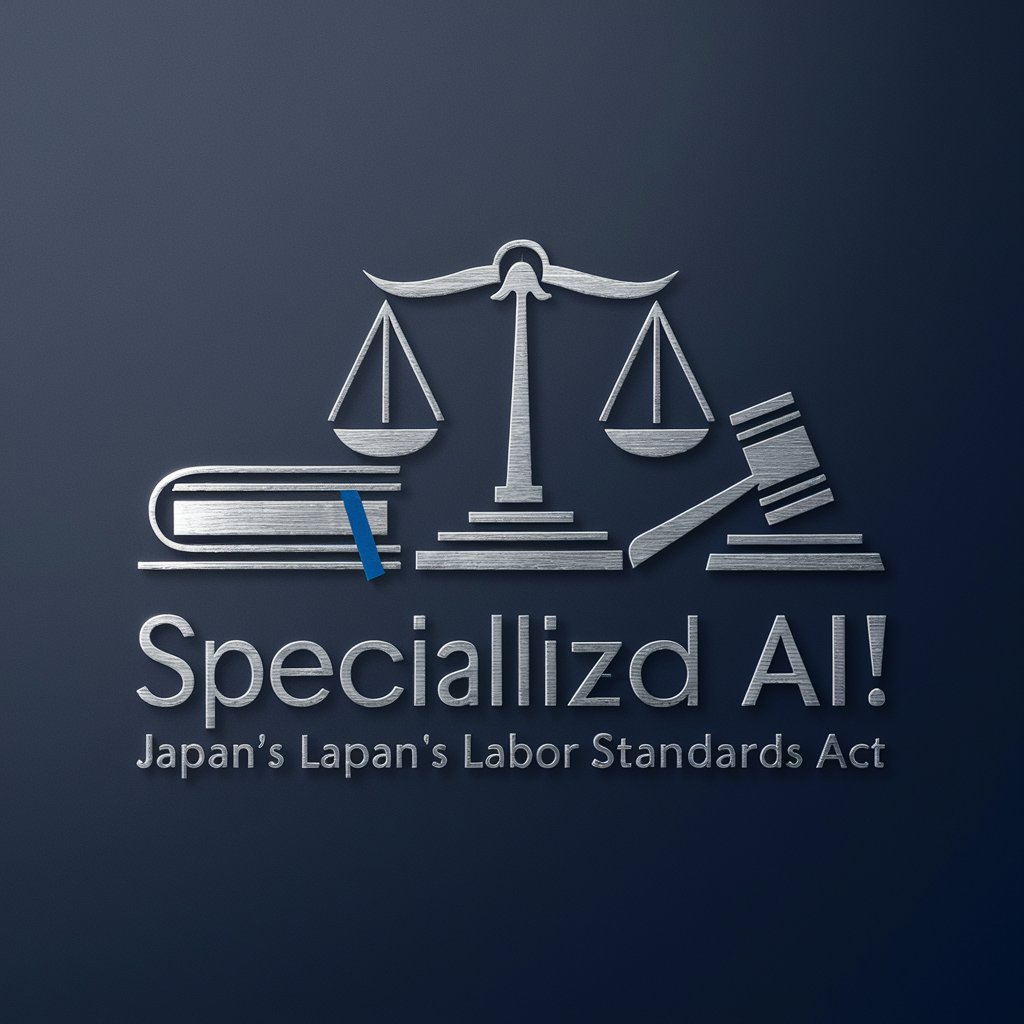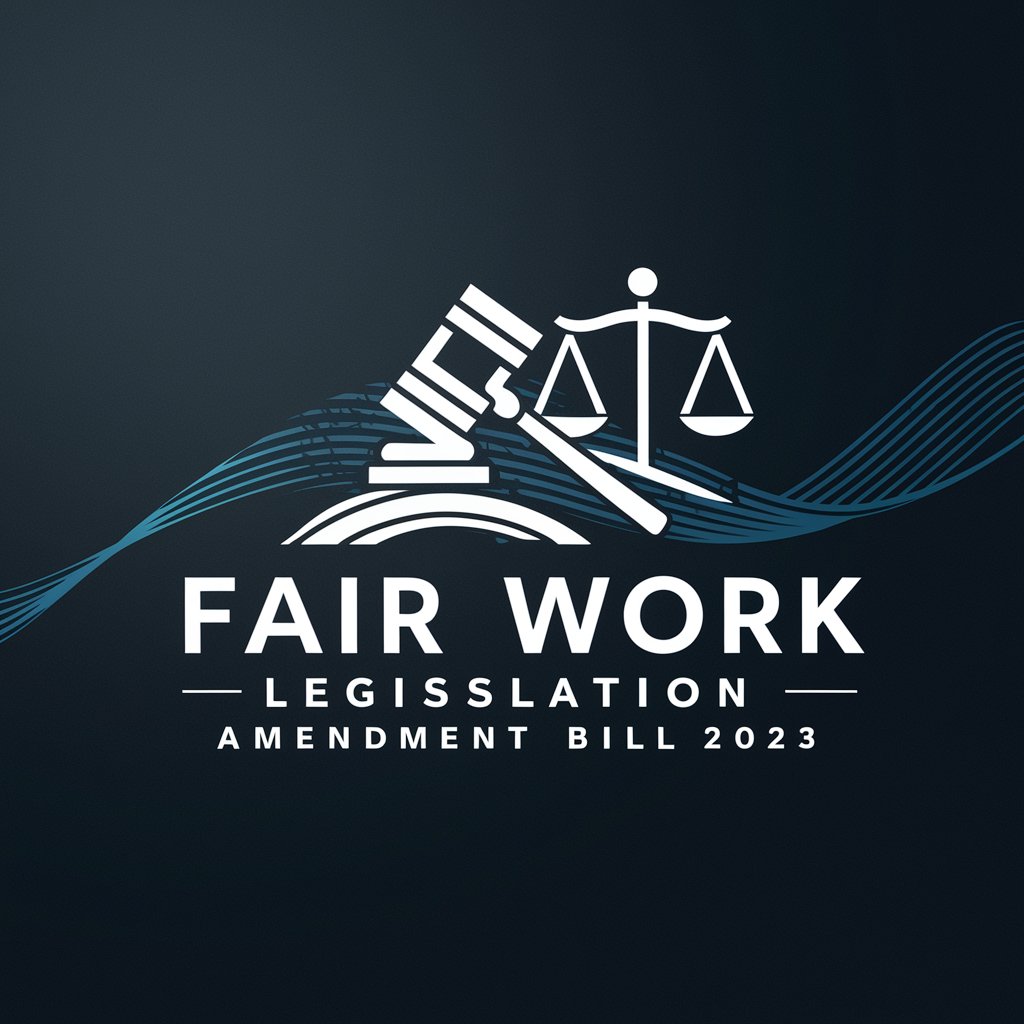9 GPTs for Labor Rights Powered by AI for Free of 2025
AI GPTs for Labor Rights are advanced artificial intelligence tools designed to address, analyze, and provide solutions related to labor rights issues. Leveraging the capabilities of Generative Pre-trained Transformers, these tools offer tailored assistance for a wide range of tasks, from educating users about labor laws to aiding in dispute resolution and policy development. Their relevance lies in their ability to digest vast amounts of legal and policy-related texts, making them particularly suited for offering insights and generating content specific to the domain of labor rights.
Top 9 GPTs for Labor Rights are: Shop Steward,Asesor Laboral GPT - Chile,UILCA/UIL Voice,ブラック企業診断GPT,労働基準法で答えます!,Fair Work Legislation Amendment Bill 2023,Código de Trabajo de Costa Rica,Abogado Experto en Derecho Laboral,法律智慧顾问
Shop Steward
Empowering Union Members with AI

Asesor Laboral GPT - Chile
Empowering you with AI-powered legal guidance on Chilean labor law.

UILCA/UIL Voice
Empowering with AI-driven Union and Banking Knowledge

ブラック企業診断GPT
Illuminate Your Employment Path with AI

労働基準法で答えます!
Decoding Japan's Labor Law with AI

Fair Work Legislation Amendment Bill 2023
Empowering compliance with AI-driven legal insights

Código de Trabajo de Costa Rica
Empowering labor rights with AI

Abogado Experto en Derecho Laboral
Empowering legal decisions with AI.

法律智慧顾问
Empowering legal clarity with AI

Key Characteristics and Functionalities
These AI GPTs tools stand out for their adaptability across various labor rights topics, from simple educational content creation to complex legal analysis. Features include natural language processing for understanding and generating human-like text, data analysis capabilities for interpreting labor trends, technical support for labor rights platforms, and web searching for the latest labor laws and regulations. Their unique ability to learn and adapt to new information makes them invaluable for staying updated with ever-changing labor standards.
Who Benefits from Labor Rights AI
AI GPTs for Labor Rights cater to a broad audience, including labor rights activists, legal professionals, HR departments, policy makers, and educators. They are accessible to novices seeking basic understanding of labor laws, yet offer deep customization and programming interfaces for developers and professionals desiring more sophisticated applications. This dual accessibility ensures that both tech-savvy users and those with no coding background can leverage these tools effectively.
Try Our other AI GPTs tools for Free
Accent Modification
Discover AI GPTs for Accent Modification: Tailored AI coaching for accent training, offering personalized feedback and exercises for effective learning.
Medical Imaging
Explore AI GPTs for Medical Imaging: Transforming diagnostics with advanced AI analysis of X-rays, MRIs, and CT scans for improved patient outcomes.
DICOM Visualization
Explore AI-driven DICOM Visualization GPTs designed to revolutionize medical imaging analysis with advanced features and intuitive interfaces for professionals and novices alike.
PACS Integration
Explore how AI GPTs revolutionize PACS Integration, offering advanced image analysis, seamless data management, and improved healthcare outcomes through intelligent automation and customized solutions.
3D Reconstruction
Discover AI GPTs for 3D Reconstruction: cutting-edge tools designed for generating detailed 3D models from diverse data, perfect for professionals and hobbyists alike.
Sports Therapy
Discover how AI GPTs revolutionize sports therapy with tailored diagnostics, personalized treatment plans, and innovative rehabilitation techniques.
Enhanced Solutions for Various Sectors
AI GPTs for Labor Rights offer customized solutions across different sectors, enhancing understanding and application of labor laws. Their user-friendly interfaces and the ability to integrate with existing workflows make them highly adaptable and efficient for a wide range of labor rights-related tasks.
Frequently Asked Questions
What are AI GPTs for Labor Rights?
AI GPTs for Labor Rights are AI-based tools tailored to support, analyze, and provide solutions related to labor rights, utilizing the advanced capabilities of GPT technology.
How can these tools help with labor rights?
They can educate users on labor laws, analyze labor policies, assist in dispute resolutions, and provide up-to-date information on labor standards and regulations.
Who can use AI GPTs for Labor Rights?
They are designed for a wide range of users including activists, legal professionals, HR departments, and policy makers.
Do I need coding skills to use these tools?
No, these tools are designed to be accessible to users without coding skills, offering user-friendly interfaces and straightforward functionalities.
Can developers customize these GPT tools?
Yes, developers can leverage programming interfaces and APIs for deeper customization and integration into existing systems.
What makes these tools unique for Labor Rights?
Their adaptability to labor rights content, ability to process and analyze complex legal texts, and features like web searching and data analysis set them apart.
How do these tools stay updated with labor laws?
They utilize web searching capabilities and continuous learning to keep abreast of the latest labor laws and regulations.
Can these tools generate legal advice?
While they can provide insights and information on labor rights, they should not replace professional legal advice but rather serve as a supportive educational tool.